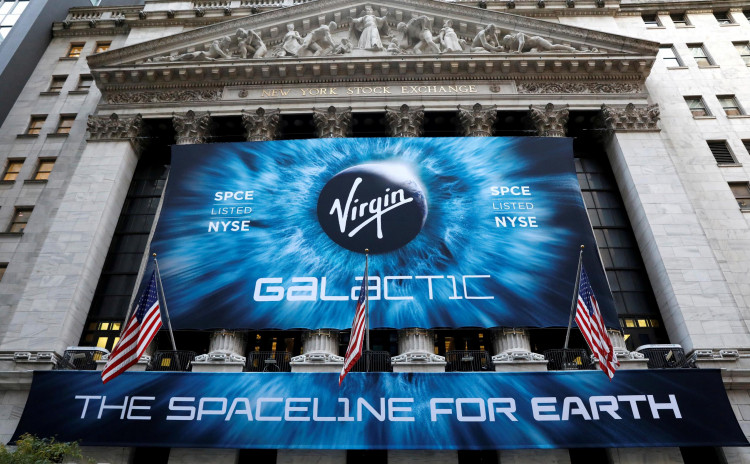Virgin Galactic is optimistic it can send to orbit its first space tourism customer by the end of 2020, but the company is also trying to transform space travel on terra firma.
Chief executive officer George Whitesides said they are the only a company that is going to send people to space using a winged spacecraft. "We are the only company that will do that with a winged vehicle that can fly faster than supersonic speed," he said.
The space company's Unity space vehicle and two others that are currently being developed also promise to reduce travel time between continents and across the seas. The ambitious program is something that Virgin Galactic thinks "everybody wants."
The Las Cruces, New Mexico-based spaceflight giant estimates a total addressable market of $900 billion, and is working aggressively to access the prime portion of this market, which the company expects to be approximately $300 billion. Whitesides pointed out that even if they were to only get a small part of that, "we are still talking about a big TAM."
Stock markets were in a free fall anew as trading close out the week last Friday. The Dow Jones was down nearly 3 percent during mid-day session, the Nasdaq plunged 1.7 percent, and the S&P 500 weakened 2.4 percent. But the news is not all that gloomy, at least for stocks of Virgin Galactic, which finally broke the losing spell and revved back up for an impressive 13 percent rally.
With only $4.5 million in trailing sales, Virgin Galactic's shares remain today a play on hope for what the space tourism firm might do in the coming months. It does not take a lot to move the company's stock either up or down.
Interestingly, sometimes it only takes a tweet to make a difference: its announcement on social media that prospective space clients can now take "One Small Step" toward reserving a ticket on a Virgin Galactic spaceship by clicking a link on Twitter was all it took to lift its value in the market.
In another development, Space venture firm Axiom is planning to unveil a space tourism program to send tourists to the International Space Station.
Axiom and the National Aeronautics Space Administration tapped the services of 71-year old French engineer Philippe Starck to design the spacecraft interiors for these flights, which are expected to commence in 2024. Starck has a proven track record in all facets of uncommon design - from hotels to luxury ships to wind-powered machines.
The Starck-designed modules will accommodate astronauts from nations that are not members of the ISS, including private individuals, the Architectural Digest said. Customers who can afford the ticket and undergo a two-week training can board a spacecraft. Estimated price per travel: $35,000.





